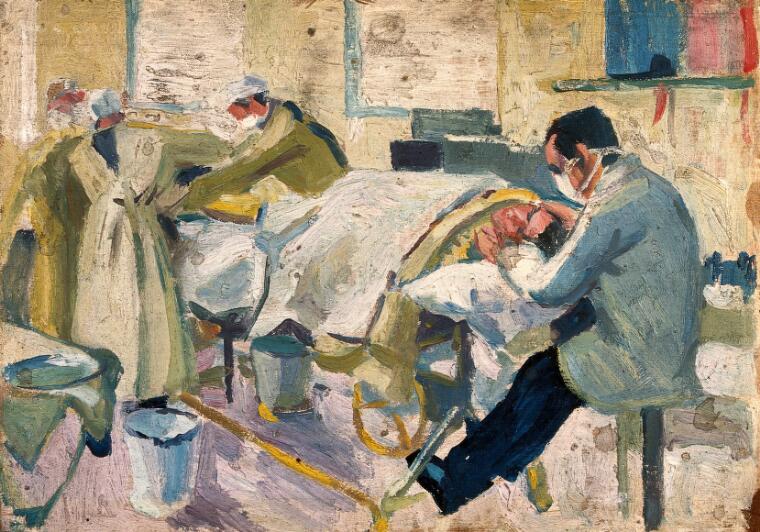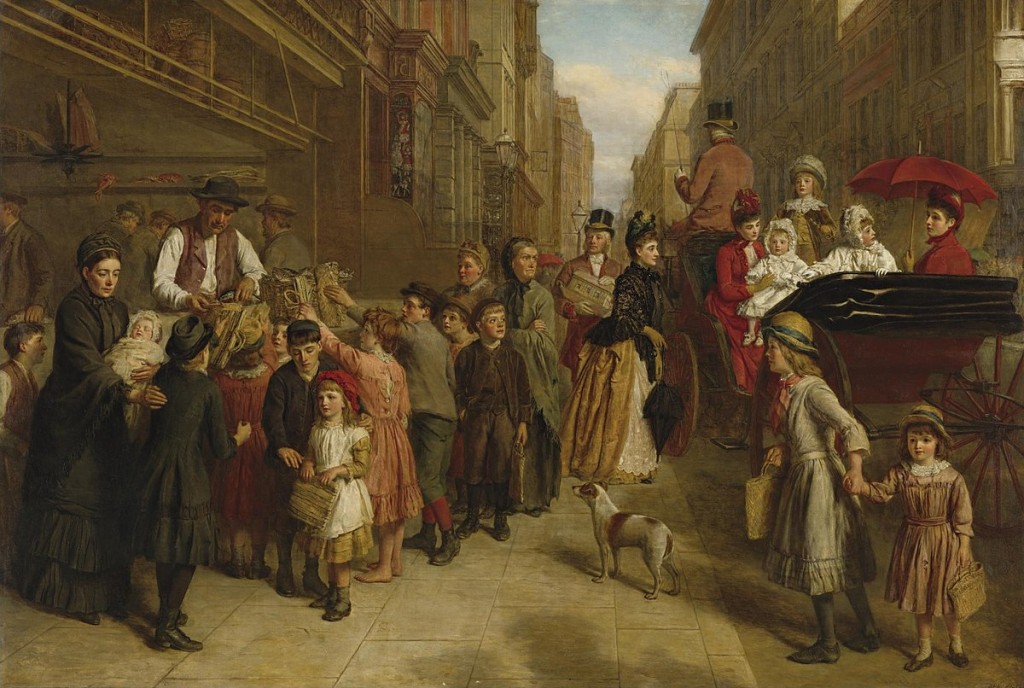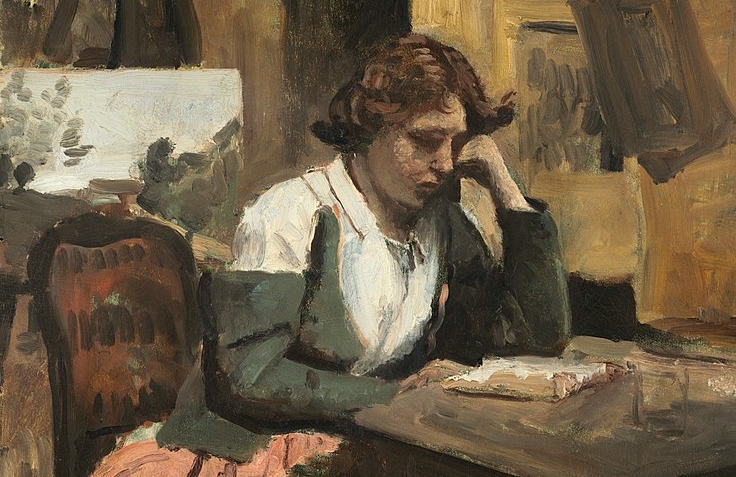![Economic Situation in Turkey on Eve of Elections [PODCAST] Economic Situation in Turkey on Eve of Elections [PODCAST]](http://4liberty.eu/phidroav/2023/05/Ep163-header-1024x543.png)
Economic Situation in Turkey on Eve of Elections [PODCAST]
In this episode, we talk about Turkey on the eve of the elections in the context of the earthquake and reconstruction, hyperinflation and its impact on the economy and society, and political and institutional instability.










